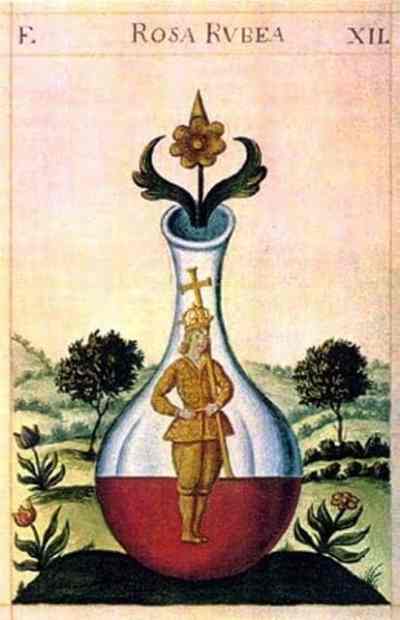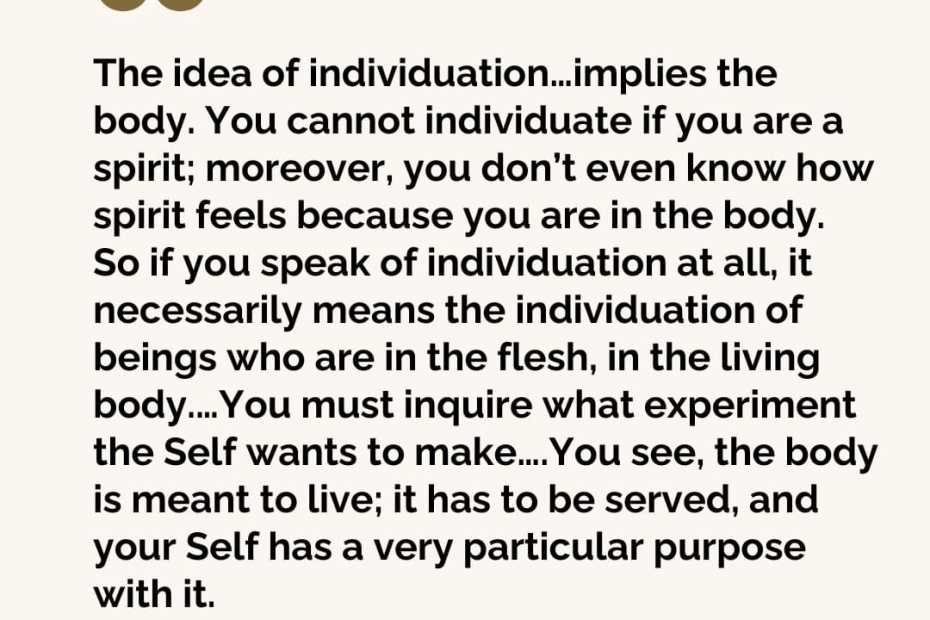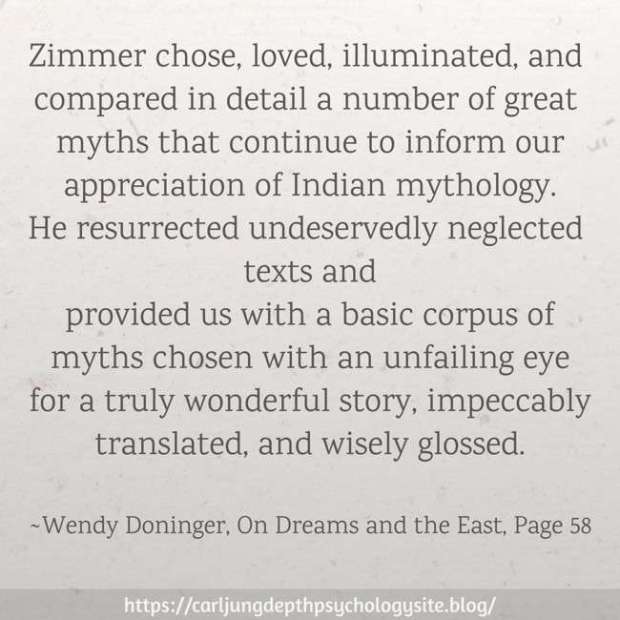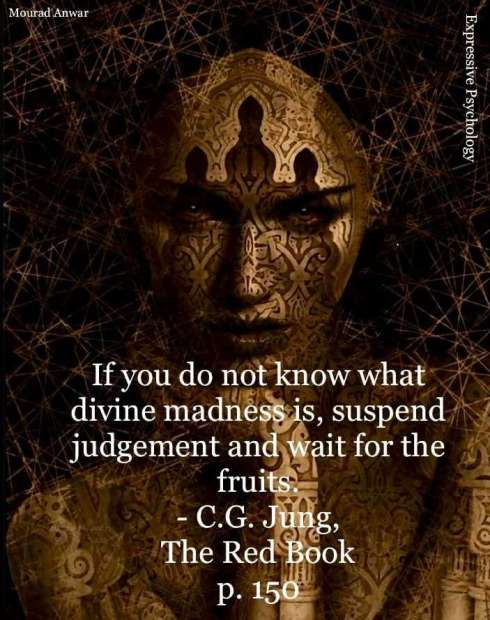Ivana Ryška Vajdová: Jung’s Psychological Analysis of Imago Dei
Ivana Ryška Vajdová: Jung’s Psychological Analysis of Imago Dei ABSTRACT One of the most intricate topics that are still open in connection to a Swiss psychologist Carl Gustav Jung is religion and related issues. What is the relation between religion and psychology? What is Jung’s personal stance? Did Jung reject religion as a relict of… Ivana Ryška Vajdová: Jung’s Psychological Analysis of Imago Dei




